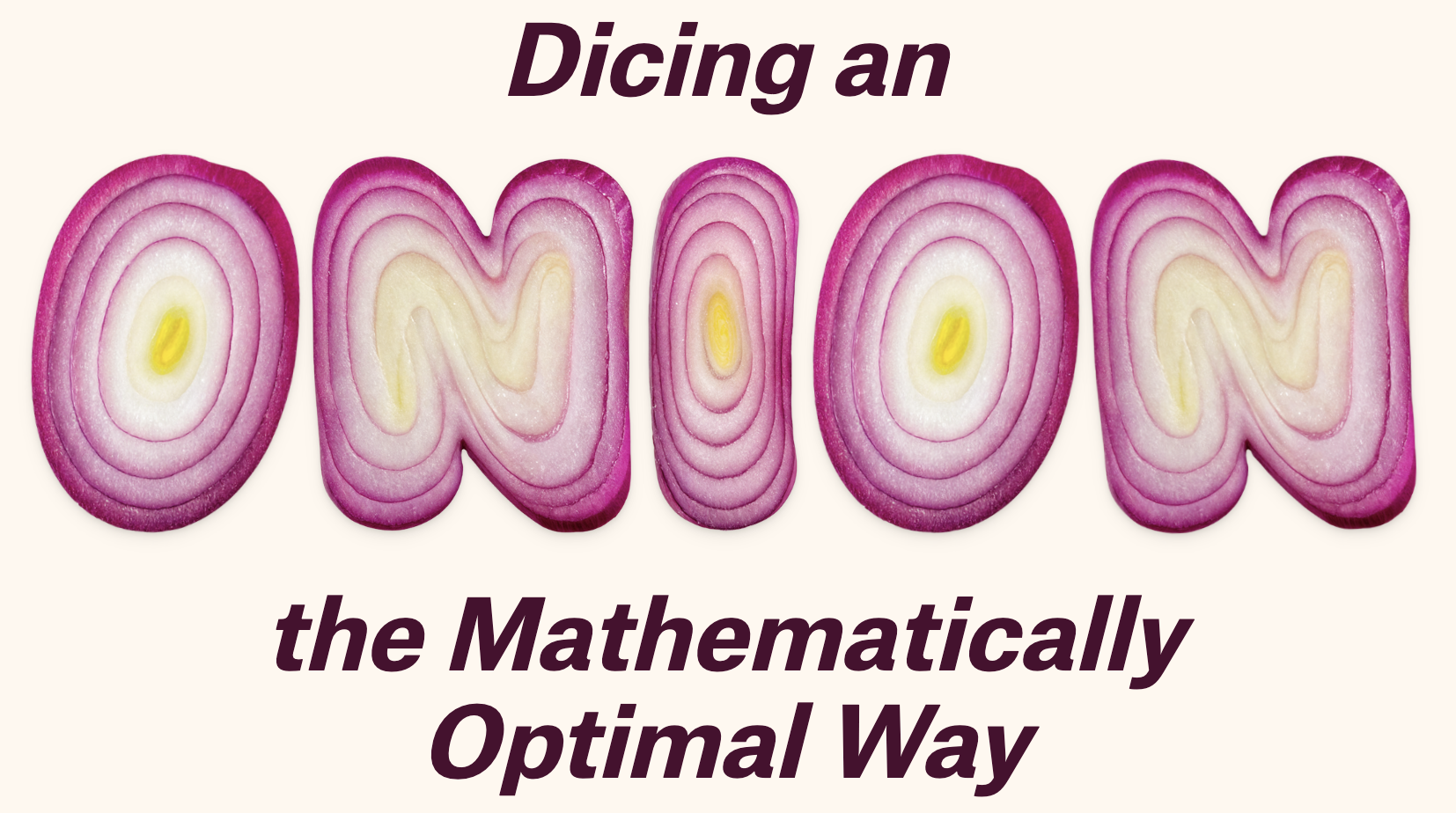Even If You Found It Very Annoying In The Mid 2000s
Thirteen things this Thursday that I have read, watched, listened to or otherwise found noteworthy.
The most popular link last week was this look at neo-medievalist tattoos, with this review of the Tiny Bookshop videogame second.
- Sarabet Chang Yuye gives some sensible advice for keeping house when you're not very good at keeping house. This part especially resonated with me:
"Explicitly enter THE MODE. Part of the despair is not knowing when I should be in THE MODE or not. Set a timer for the end."
- This piece skews a bit much towards digital marketing agency speak for my liking, but it does make some valuable points about the "cruel paradox" of the so-called creator economy. Successful influencers become successful because the way they communicate their humanity is appealing, but the very process of sharing and distributing this part of themselves slowly kills said humanity. This is what I was trying to get at in my social media essay when I said that I came to realise that "the so-called creator economy is a blatant pyramid scheme underwritten by some of the worst corporations in the world".
- Sub/Title is a fun game where you guess the film based on a snippet of dialogue.
- A software curator at the Internet Archive explains why it is worth preserving Flash (even if you found it very annoying in the mid 2000s). So much creative expression went into those browser games and animations.
- It has long been my opinion that Elementary, the TV series starring Jonny Lee Miller and Lucy Liu, is far superior to the BBC's Sherlock (the Benedict Cumberbatch one). This is not an especially popular or widely held opinion, which made me all the more delighted to come across this essay on why it's both a good Holmesian adaptation and good television.
- You've heard of a url shortener — bit.ly et al — but what about a url lengthener? One that adds a lot of needless and meaningless text to make your link much more likely to trigger a spam filter if included in an email? You can even add emojis and philosophy quotes, if you want.

- I believe I have heaped praise upon data journalism outfit The Pudding before, but I'm doing it again because the design of this piece about the best way to dice an onion is so clever. They made a red onion font!
- I have made no secret of my obsession with pipe organs (my favourite podcast is still Hot Pipes). I am new to Walter Martin's radio show, but I liked his organ episode very much.
- A thought provoking list. As a perpetual diary-abandoner, I'm trying to let this one inspire me:
"I regret that I have never kept a journal, especially in my 20s. Nothing fancy; I just wish I had kept a regular list of what I was eating, who I was meeting, where I was sleeping, what I was doing for fun. I especially wish I had kept a list of everyone I met, and their contact info."

- I promise I am interested in how this new innovation will help to save bees from bacteria, but I am mostly sharing this because of the photo of Maple the detection dog in her beekeeping outfit.
- In Clouds of Witness by Dorothy L. Sayers, the Dowager Duchess is always getting her quotations confused. But this isn't a character trait deployed only to indicate absent-mindedness; as this analysis shows, her substitutions generally have something to say about the book's themes. Sayers, as her fans well know, is very serious about the matter of quotations.
- I don't at all understand how this video was made, but I enjoyed flying around a miniaturised Baltic state nonetheless.
- A Wikipedia editor has uncovered what looked like a decade-long attempt at self-promotion by a minor American composer, David Woodard. Until recently, Woodard's entry was the most-translated on the entire site, appearing in 335 languages (for reference, the country of Japan only has 334).
"This editing pattern clearly displayed a long-term intent to create as many articles about Woodard as possible, and to spread photos of and information on Woodard to as many articles as possible, while hiding that activity as much as possible. And it worked for a long time, up until the number of inter-wiki links got too high for people not to question it."
The reason for all of this covert effort is unclear — unless it is simply vanity — but this account of the investigation is quite fascinating.
Member discussion